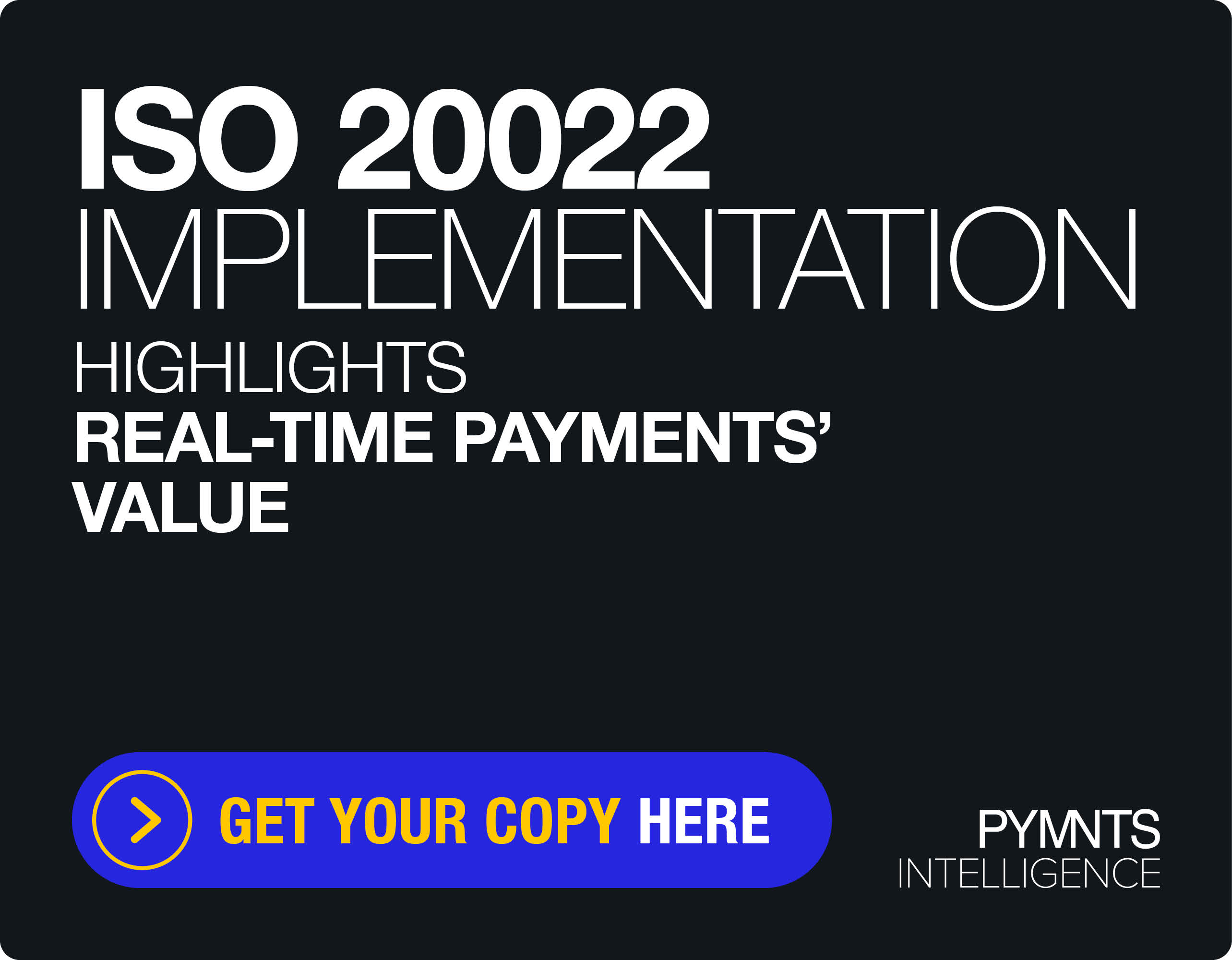Mastercard Platform Aims to Give Businesses Spending Visibility

Mastercard has launched Global Treasury Intelligence, a cloud-based platform designed to give businesses more visibility into how and where they spend money.
“In a recent poll of treasury professionals, 91% of respondents noted they still used spreadsheets for forecasting,” the company said in a news release emailed to PYMNTS Thursday (Oct. 6).
To remedy this situation, the new platform “enables organizations to execute more effective and sustainable financial strategies, and support corporate priorities such as cash management, risk assessment and ESG goals,” Mastercard said.
Global Treasury Intelligence automates data ingestion from clients’ enterprise resource planning (ERP) systems to give customers a view of all payment flows across suppliers, commodities and lines of business, integrating this information with relevant third-party data.
The platform was developed with the help of Robobai, a source-to-settle analytics company with nearly $1 trillion dollars of spend under management.
“The health of the business does not sit in just one team or silo,” said Raj Seshadri, Mastercard’s president of data and services. “With Global Treasury Intelligence, we are providing the broad, interconnected views our customers need to make smarter decisions with better outcomes across their enterprises.”
Read more: 72% of Treasurers Still Do Cash Flow Forecasts Manually
Research by PYMNTS has found that many treasurers are attempting to tackle their risk management, liquidity issues and other concerns with lagging processes that can be both time-consuming and expensive.
While 91% of these professionals employ some form of cash flow forecasting, 72% say they manually collect and categorize data to do so, according to the “Digitizing B2B Payments Tracker,” a PYMNTS collaboration with Deluxe.
But manual methods create a vicious cycle, as treasurers risk forecasting with outdated or incorrect data that can add to their risk management and cash flow concerns.
Firms are searching for technologies that can meet clients’ new digital standards, but still value the reliability of legacy methods like checks. Using automation tools like artificial intelligence (AI), and application programming interface (API)-connected platforms can speed the processes connected to such payments without making businesses upgrade their infrastructures.
For all PYMNTS B2B coverage, subscribe to the daily B2B Newsletter.
